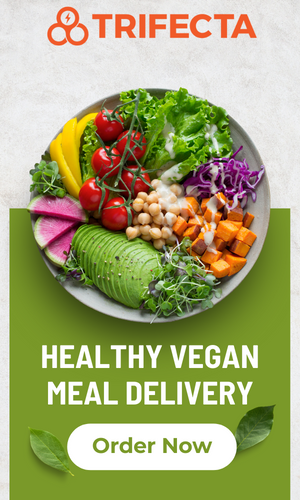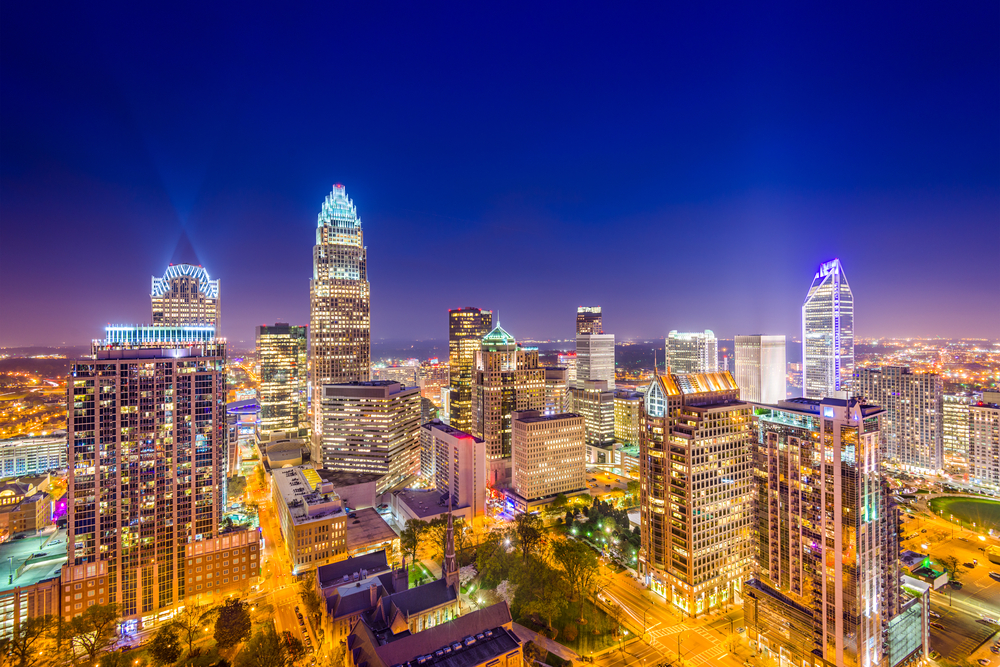My favorite childhood memory is sitting outside under the stars with my family; but, after relocating to an urbanizing city, I now find myself staring at the bright city lights.
This made me realize that with so many lights, the stars are dim and difficult to see. This realization sparked concerns about the detrimental impact it has on both our well-being and the environment.
What is Light Pollution?
Light pollution is defined as excessive or misdirected artificial light caused by human activities such as streetlights, building lights, and outdoor lighting systems. These artificial lights obscure our vision of stars and other celestial objects in the night sky.[1]
Light pollution can have detrimental effects on human health and interferes with nocturnal activities and wildlife behavior.
Regions experiencing the increasing levels of urbanization and industrialization have higher levels of light pollution.
Light pollution and night glow [2]
Night glow is the faint illumination of the night sky caused by various sources of artificial light. It is different from direct sources of light pollution, such as streetlights or floodlights, as night glow is the result of combined scattered and reflected light that fills the atmosphere.
Night glow contributes to light pollution by increasing the background brightness of the night sky. Exacerbating its detrimental effect and making it more challenging to observe faint celestial objects, such as stars, planets, and galaxies. It also reduces the visibility of phenomena like auroras or meteor showers, which may be masked by the glow.
Effects of light pollution on...
Natural body / circadian rhythms:
Natural light sources have long influenced the human circadian cycle. Melatonin regulates the body's circadian rhythm, which functions as a clock to control day and night cycles.
Artificial lighting disrupts normal melatonin production, leading to negative health impacts such as depression, hormone imbalances, and sleep disruptions.[1]
Fetal Health:
Excessive artificial light at night, can significantly disrupt our sleep patterns and lead to various negative birth outcomes, including lower birth weight, shorter gestational periods, and an increased risk of premature deliveries.[3]
Wildlife and environment [1]:
Light pollution has a profound and far-reaching impact on wildlife and the environment. It disrupts natural light cycles, disturbs ecosystems, and affects animal behavior and physiology.
Studies have shown that birds can be thrown off their migration patterns due to artificial light. Moreover, research has revealed that sea turtle hatchlings exposed to artificial light during nighttime have lower survival rates.
Bats and insects also suffer from altered feeding and mating cycles as a result of light pollution, leading to less food availability and population decline. Additionally, the competition caused by excessive light makes it challenging for males to locate females, impairing their reproductive success.
Furthermore, the disruption of pollination by moths, beetles, bees, and bats due to artificial light leads to decreased plant reproduction and a reduction in biodiversity.
Human health [1]:
Excessive artificial light at night is associated with an increased risk of various health problems. These include obesity, diabetes, heart disease, and cancer. In particular, there is a strong connection between outdoor artificial light at night and breast cancer.
Furthermore, light pollution is linked to psychological issues such as depression and anxiety. The strain on our eyes caused by artificial light can result in long-lasting headaches and migraines.
Additionally, exposure to intense light during nighttime can disrupt the visual system development in newborns and young children, potentially causing vision abnormalities in the future.
Ways to Protect Yourself from Light Pollution
Limit your exposure to light pollution by:
- Ensuring that lights have shading to reduce upward or outward light spillage.
- Using outdoors lights only when needed.
- Using lights with motion sensors or timers to automatically switch off outdoor lights when not in use.
- Using curtains, blinds, or shades to block off extra light in indoor environments.
- Avoiding over-illumination inside the house, utilize task lighting rather than ambient, bright lighting.
- Switching to blackout curtains or shades in your bedroom to reduce light pollution while sleeping.
- Educating neighbors and community members on the necessity of reducing light pollution.
What Is Being Done About Light Pollution?
- Dark sky preserves [4]
Governments or organizations such as the IDA typically establish designated zones (based on different standards of light pollution reduction and night sky visibility) with reduced light environments that preserve a bright night sky.
These areas encourage stargazing, conservation, awareness, and tourism. - International Dark Sky Association (IDA)
The IDA is a non-profit organization that works to preserve dark skies and reduce light pollution.
They certify and support the conservation of starry sky parks, certify outdoor lighting that reduces light pollution, partner with communities and professionals to prioritize quality lighting, and educate the public about the dangers of excessive artificial light.[5] - Public awareness
Numerous groups, including the IDA, scientists, advocates, and government representatives, run educational programs and hold public events to educate communities on the effects of light pollution and how to decrease it.[5]
Choosing a healthy plant-based and vegan diet is most beneficial when it comes to:
-
Higher levels of energy;
-
Improved sleep;
-
 Aids in energy and overall happiness;
Aids in energy and overall happiness; -
Provides a sense of comfort and relief;
-
Could prevent major diseases such as obesity and diabetes;
-
Accomplish weight-loss and management; and
-
Improves mental and cognitive functioning.
There are really no excuses not to try healthier habits in your everyday life. If you are a man or woman looking for specific benefits of adopting healthier habits or just want to know about the general healing properties of herbs. Please remember to comment or post any health questions, or contact us directly!
Also, feel free to share any of your favorite recipes to make and share it with the Assuaged community on our ➡️ Share A Recipe ⬅️ page!

















